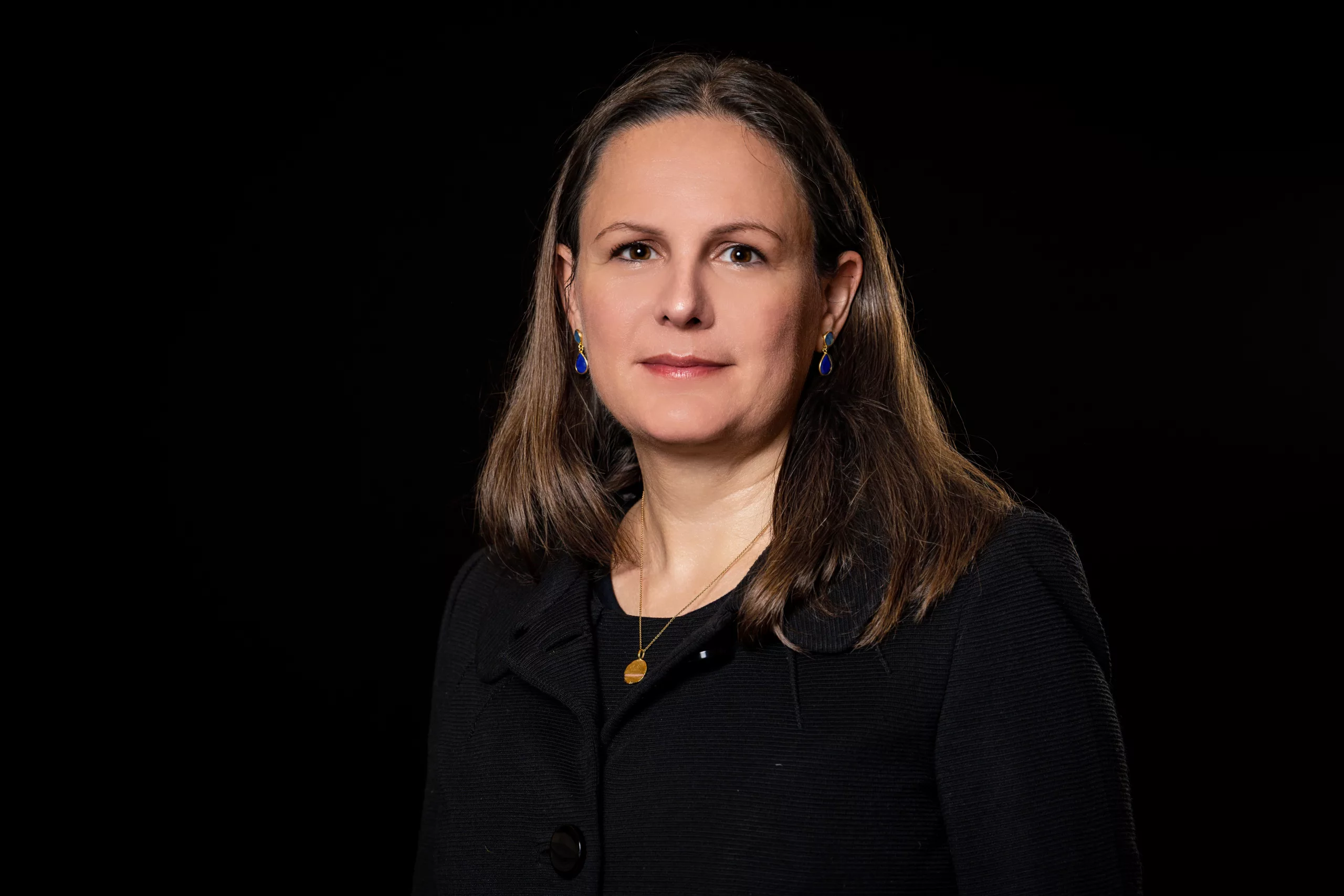In 1998 Mr and Mrs X had a child (“Y”) by way of a surrogacy arrangement that took place in America. They brought the child home to England and brought him up here. Y was always aware of the circumstances of his birth and Mr and Mrs X kept in touch with the surrogate mother. In September 2021 they were contacted by the surrogate mother who informed them that they should have applied for a parental order in England after the child’s birth. Mr and Mrs X and the surrogate had all failed to appreciate that this was necessary under English law as under the local law in the US where the child was born they were Y’s legal parents. The news came as a complete shock to Mr and Mrs X and they noted that they had never encountered any difficulties in being recognised as Y’s parents. All those concerned agreed that an order should be made.
The Human Fertilisation and Embryology Act 2008 (“the Act”) requires that for a parental order to be made two key requirements must be met:
a) The child must have their home with the parents at the time the application is made and when the parental order is made; and
b) The application should be made within six months of the child’s birth.
Here neither criteria was met as Y was an adult and at the time of the application was living independently of Mr and Mrs X. However, the Court was content to make a parental order which is the first time a parental order has been made in respect of an adult. The judge felt able to make the order as Y had had his home with Mr and Mrs X throughout his childhood and still spent time at his family home, albeit he no longer lived there. The court should take a flexible approach to the question of “home”. In respect of the time period, the judge accepted that Mr and Mrs X had simply not been aware of the requirement until September 2021 and upon finding out that an order was required they acted quickly to rectify the situation. They had believed that the order made in the USA before Y was born secured their legal parentage and were simply unaware of the need to obtain a further order in England.
Y made a statement to the court in which he said, ” The granting of a parental order would mean that it would never again be possible to challenge legally our family tree and would restore my understanding of surrogacy as being a ‘normal’ part of life, rather than something which leads to one’s relationship with parents or grandparents being questioned…If this application is not granted, I will never be able to be considered in law to be their son. That is simply unimaginable for us all….my parents have been my parents in every way since birth. They have made all of the decisions about my care and welfare; they have always been there for me as a child and now as an adult. My identity as their legal child is wholly dependent on this application being granted. It is of fundamental importance to me and to any children I might go on to have.’
The judge was able to make the order because primary legislation should be read in a way that aligns with the European Convention on Human Rights. By making the order the parental relationship of Mr and Mrs X in respect of Y was secured and their right to family life protected. Nobody would be prejudiced by the making of the order, the order would reflect the reality for this family and the order was necessary to protect the family unit.
This is not the first time that the English Court has been prepared to make a parental order in respect of a child born through a surrogacy arrangement out of time. In 2017[2] the court made a parental order for a child who was at that time aged 13. However, this is the first time that the Court has made an order in respect of an adult. By making the order the court recognised that failing to do so would lead to potential injustice for Y, for example in relation to inheritance rules. The court recognised the importance of an order for the status and identity of Y and Mr and Mrs X.
This case clearly demonstrates that the Court is prepared to take a pragmatic approach in interpreting the Act in order to ensure the protection of the individual’s right to family life. The case also highlights the importance of taking proper legal advice when entering into surrogacy arrangements, not only in the country where the surrogate mother lives but also in the country where the child will live and be brought up.
Our Head of Modern Families, Sarah Williams, can advise in relation to all aspects of surrogacy arrangements from an English perspective.
[1] [2022] EWFC 26


